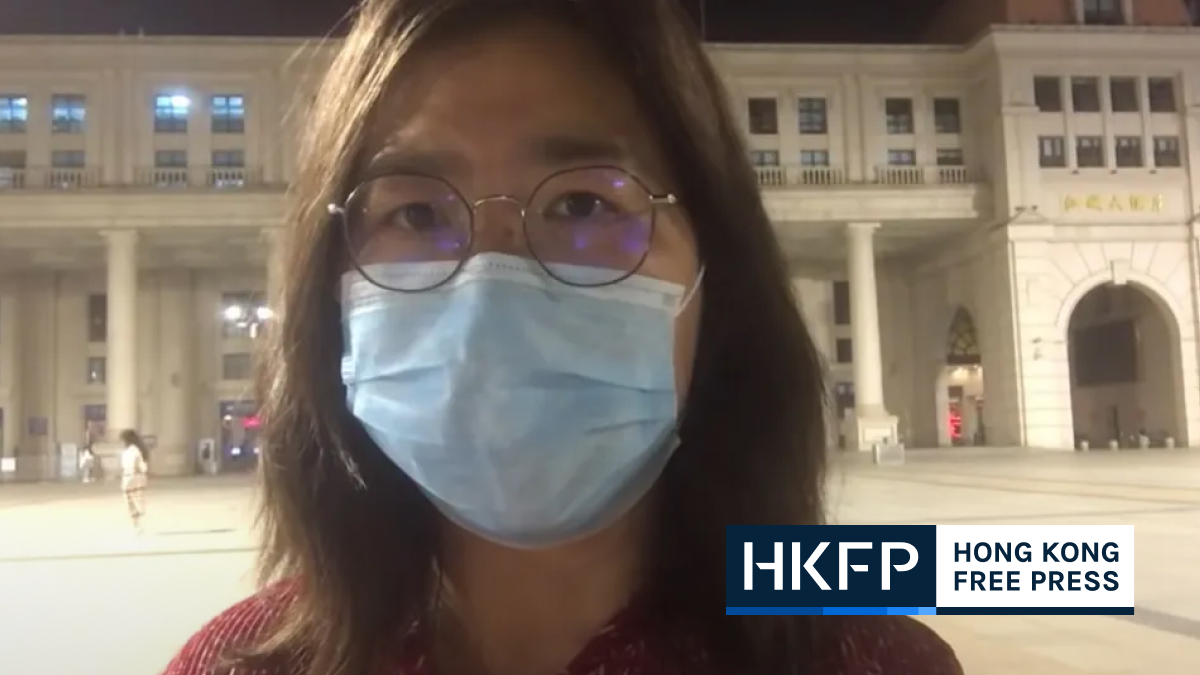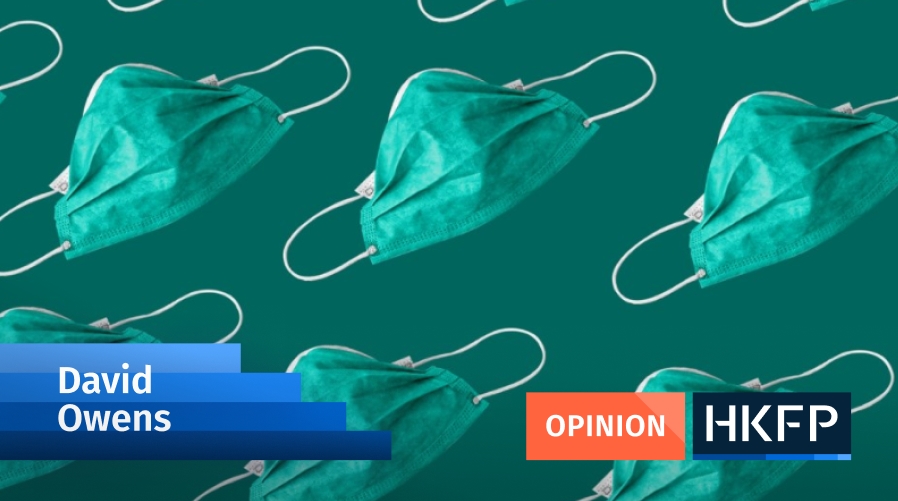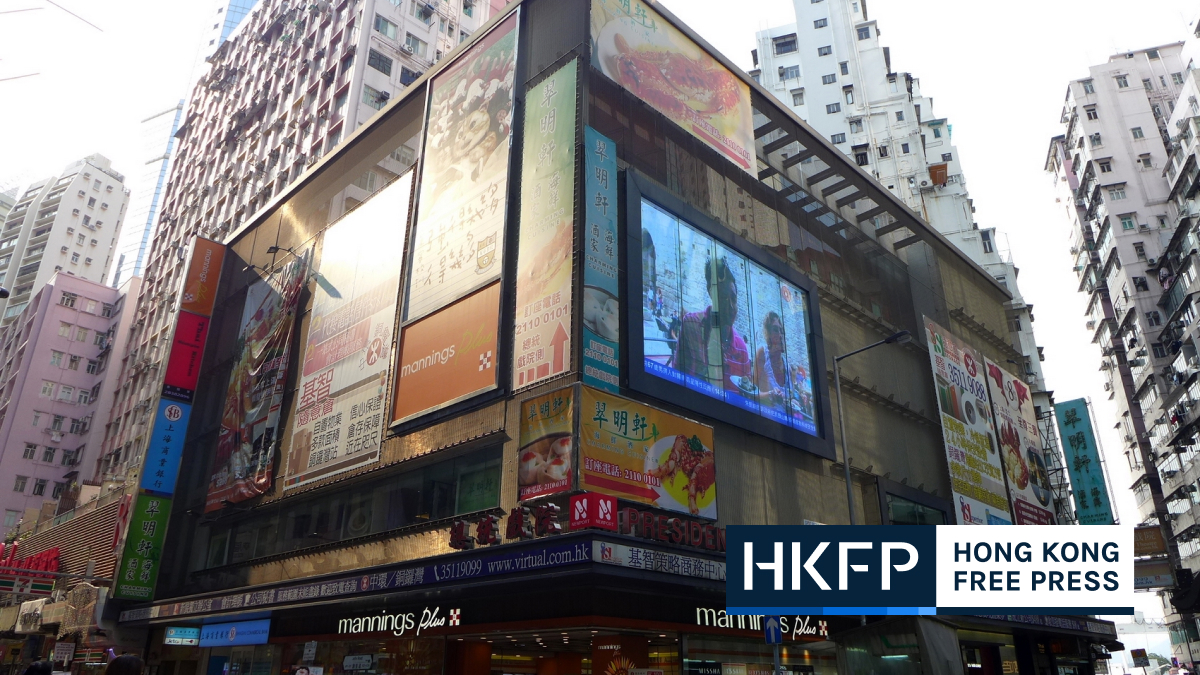The chance of people developing carditis, or inflammation of the heart, after receiving a single dose of the BioNTech vaccine is less than 0.002 per cent, a study by the medical school of the University of Hong Kong (HKU) has revealed. As for Sinovac, the chance of carditis after each dose is around 0.0005 per cent.
Men or those below the age of 30 were most at risk of suffering from inflammation of the heart after receiving a Covid jab, although the symptoms of carditis caused by vaccinations were milder than those brought on by Covid-19 infections.
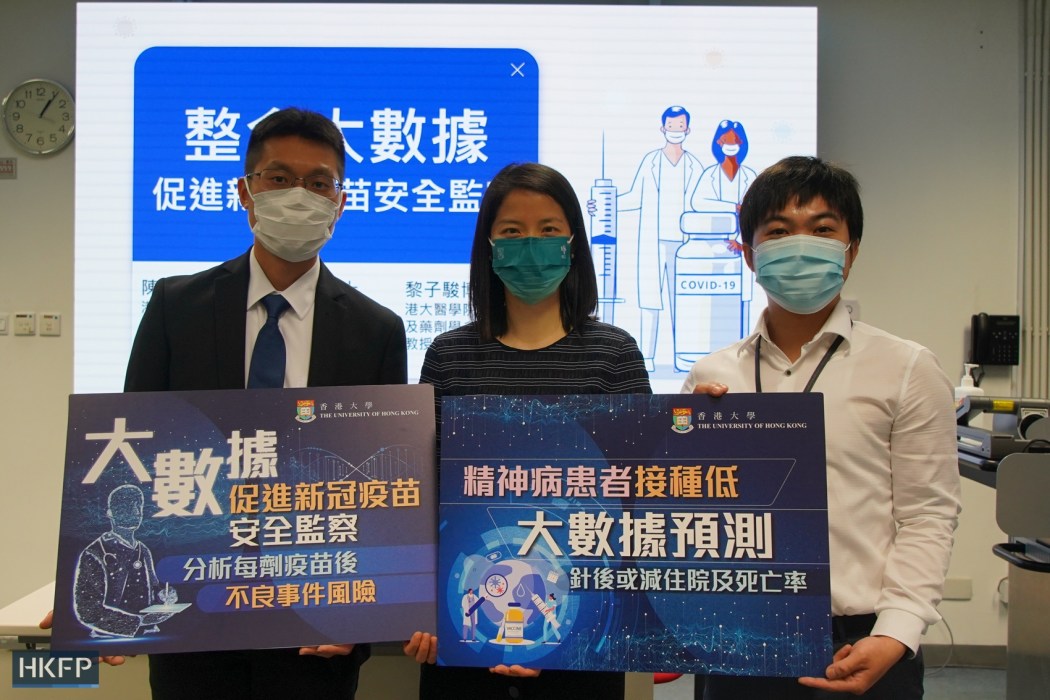
Research Assistant Professor Francisco Lai of the university’s Department of Pharmacology and Pharmacy announced the results of the study at a press meeting on Tuesday afternoon.
During the period between February 23, 2021 – when Hong Kong started to offer Covid-19 vaccinations – and March 31 this year, Lai said they found 18.94 cases of carditis for every million BioNTech jabs issued, and 5.22 cases per one million Chinese-made Sinovac vaccines.
The study then assessed the data of 922 acute carditis patients within that time frame, of whom 341 had not received any Covid-19 jabs, while 349 had been vaccinated with BioNTech and 232 had received Sinovac vaccines.
Lai said they found that for the group who received BioNTech jabs, the chance of developing carditis within 14 days after the first dose was 4.48 times of that of those who had not received any Covid-19 jabs.
In the two weeks after receiving their second BioNTech jab, the odds of carditis rose to 10.81 times of those who had not been vaccinated.
“This number might sound like a lot, [but] I always use the metaphor: it’s like winning the first and second price in Mark Six, ” Lai said.
“While the chance of winning second prize might be, say, six- to 10-times higher than winning the first prize, realistically the number of people winning Mark Six is still very low.”
Higher risks for males and people under 30
The heart condition was more likely to occur in males and those under the age of 30, Lai said.
After receiving the second BioNTech jab, the risk of developing carditis among males was 14.73 times that of those without Covid-19 vaccinations, whereas the figure was only at 3.91 times for females, the study showed.
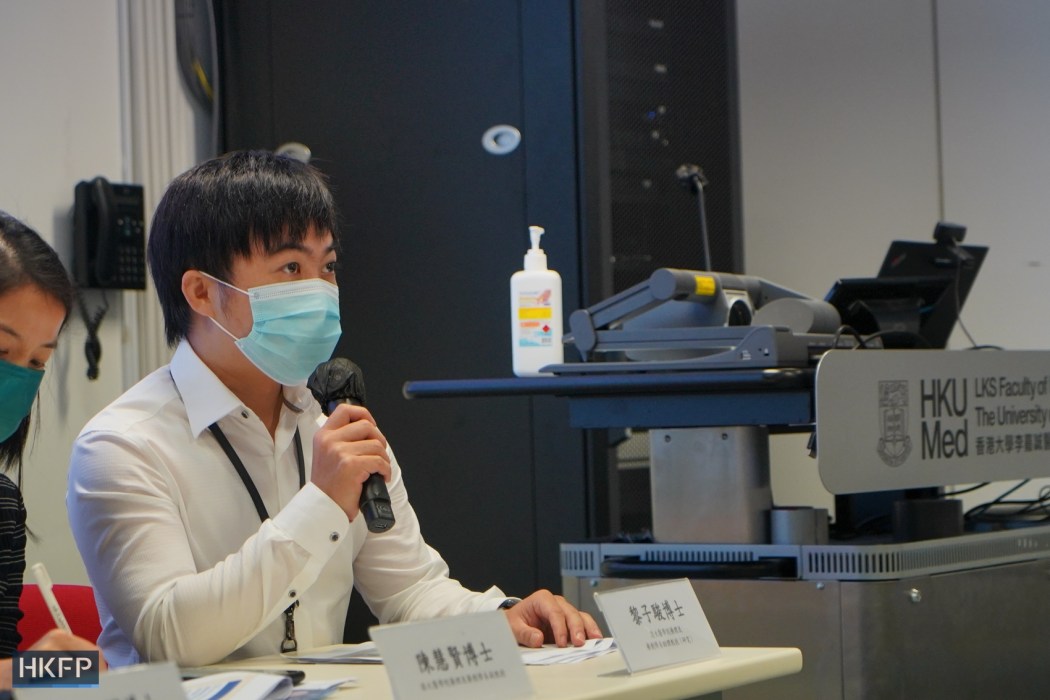
Meanwhile, the odds of people under 30 developing carditis after taking their second dose of BioNTech were 46.3 times those of people who had not received any Covid-19 vaccinations. It was only 2.94 times for those aged 30 or over.
But Lai said that the sample size of people under the age of 30 was much smaller, so the group’s figure had a limited accuracy.
The study looked into the risks of developing Bell’s palsy after vaccination as well.
The results suggested that for every 100,000 people vaccinated with Sinovac, there would be 4.8 cases of Bell’s palsy. The number of cases per 100,000 people receiving BioNTech jabs was 2.
A separate HKU study also found that six in 1 million people aged 60 or above who received two doses of Sinovac would experience a severe allergic reaction to the vaccination.
However, Esther Chan, an associate professor of the same department who also spoke on the press conference, said such reactions were a common side-effect of any vaccination.
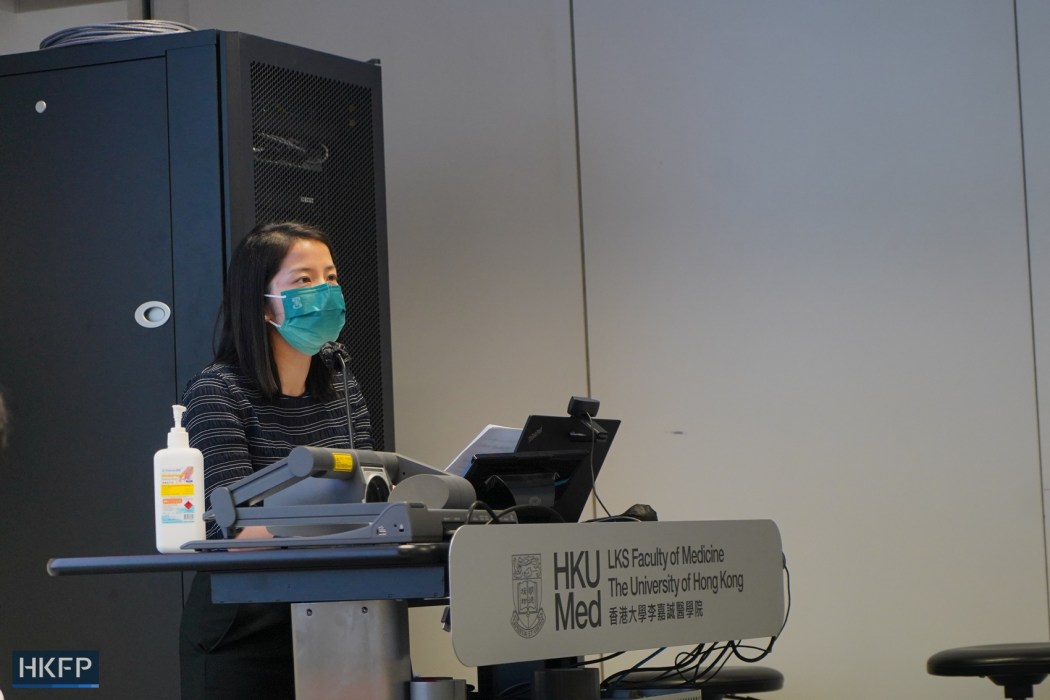
The HKU researchers also revealed that patients with mental disorders, such as bipolar disorder and schizophrenia, were less likely to receive Covid-19 vaccinations, and also suffered increased rates of infection, hospitalisation and death because of the coronavirus.
They urged authorities to add these patients to the priority groups under the vaccination programme and step up their educational efforts.
Vaccination still recommended
Despite their findings, Lai said the benefits of getting a Covid-19 vaccination, irrespective of the brands, still outweighed its risks.
Citing the results of an Israeli study, he said the chance of people infected by Covid-19 developing carditis was 18 times of that of those who were not infected, whereas the odds of which after receiving two doses of BioNTech vaccines would only be three folds of those who were neither vaccinated or infected.
When HKFP asked about the implications of the findings on the clinical recommendations on the city’s Covid-19 vaccination programme, Lai said the government had already changed its vaccination policy for adolescents and children after their studies were published.
“Dosing intervals between the first and second doses were to be extended… from 21 days to eight weeks,” Lai said. “These were some real-world implications of our research.”
The package insert of Sinovac jabs also added Bell’s palsy as one of the vaccine’s possible side effects after the study was made public, Lai added.
Hong Kong has registered 1,531,308 Covid-19 infections and 9,681 related deaths as of Tuesday.
Support HKFP | Policies & Ethics | Error/typo? | Contact Us | Newsletter | Transparency & Annual Report | Apps
Help safeguard press freedom & keep HKFP free for all readers by supporting our team


